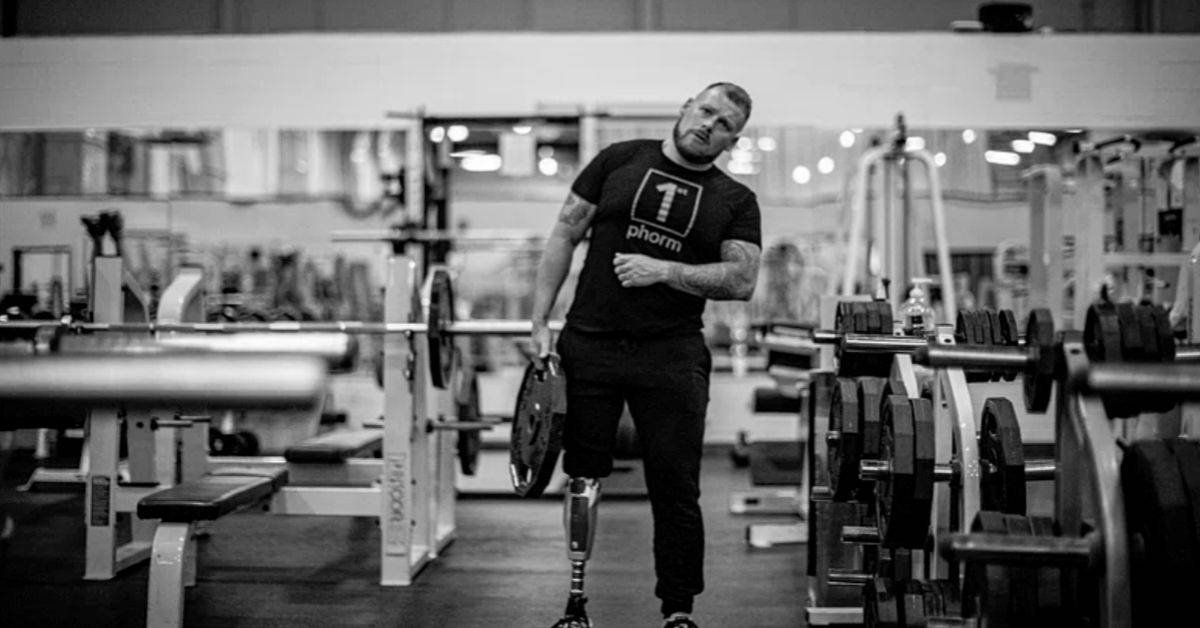
Table of Contents
Choosing to take proteins before a workout or after is a common question but in reality, neither option is better than the other. Current evidence suggests your overall daily protein consumption, level of activity, recommended daily allowance and quality of protein are more important than the time of intake.
However, there is nothing wrong with preferring to take proteins before or after your workout but just don’t expect any advantages of one over the other. What you get by taking it before your workout is the same as what you can derive by taking it after.
You may want to take proteins and some carbs before your workout such as having more energy and nutrients for an effective workout session. On the other hand, taking them after your workout will help muscle repair and recovery by supplying essential nutrients and replenishing the energy you used up during your exercises.
Protein before or after workout for muscle gain and fat loss:
Protein consumption plays a significant role in both muscle gain and fat loss. The question is when is it best, pre or post-workout, to take proteins to maximize these outcomes?
Muscle gain
The best time of consumption of proteins for muscle gain was once believed to be post-workout, during a period known as the ‘anabolic window’, for maximum benefit. This window of opportunity was also believed to be within 30 minutes after a workout. New evidence has disproved both of these misconceptions.
The existence of an anabolic window has been a subject of debate. Where it is believed to exist, the anabolic window has been found to extend way beyond the 30 minutes previously believed.
Research was conducted to verify the anabolic window theory on 21 resistance-trained men using muscle gain as one of the test parameters. The subjects were young college undergraduates.1
They were divided into two groups. Members of each group were to consume 25g of protein supplement with 1g of carbs. One group was to take the supplement pre-resistance training workout while the second one took it after the same exercise for 10 weeks.
The workouts were conducted 3 times weekly during the period of the experiment but at the end, it was discovered that there was no difference in muscle gain between the two groups. In other words, protein consumption after a workout doesn’t confer any advantage over pre-workout concerning muscle growth or gain.
The outcome of this experiment invariably casts doubt on the existence of an anabolic window after a workout. If it existed, one would expect the group that consumed the supplement after the workout to gain more muscle mass than the pre-workout group.
The principle of muscle gain is to take an adequate amount of protein whether before or after a workout in addition to resistance training done 2 or 3 times weekly according to the Better Health Channel of the Australian Government. The gap between training will allow for good muscle recovery during the rest days.
Kindly keep in touch by signing up for our newsletter:
Fat loss.
Proteins are effective for real weight loss which involves a reduction in fat mass. It achieves this by several mechanisms or pathways as I listed in an earlier article you may want to see.
To benefit from the fat-reducing effect of proteins, you need to consume 2 – 3 times more than your recommended daily allowance of 0.8g/kg/d plus some form of resistance training and a moderate energy deficit.
Research has proven that protein consumption before or after workouts has a similar effect on body composition changes. This is the ratio of the fat mass to free fat mass.
To put it in another way, there is no difference between the fat-burning effect of protein taken before or after a workout. Proteins taken at either time are equally helpful.
Before workouts.
Taking proteins before your workouts helps to increase your metabolic rate which will improve the number of calories you can burn during the exercise. Burning more calories means burning more fats. It also makes you more energetic enabling you to do a lot more during workouts.
The increase in metabolic rate and energy for a workout makes you benefit more from your workout.
After workouts.
Protein taken after workouts helps you eat much less in your next meal by inducing feelings of satiety. It also induces hormonal changes that suppress hunger and reduce appetite. These effects will ultimately help you lose weight by reducing body fat mass as you eat fewer calories as described in a previous article on how proteins help you lose weight.
For some people with no kidney and liver problems and struggling with weight loss, high protein diets coupled with exercises may be an alternative to a medical weight loss program.
Should you drink protein shakes on non-workout
days?
Nonworkout days are rest days. Muscle repair and recovery continue during rest days so drinking protein shakes to enhance muscle tissue repair is a welcomed idea if you aren’t getting enough proteins from your meals.
All you need is to maintain an amount of protein intake that is 2 – 3 times your recommended daily allowance even on nonworkout days. This requirement can easily be met by eating protein-rich diets.
Protein shakes are not supposed to replace a normal balanced diet. On nonworkout days, they are best when taken with meals like breakfasts you feel don’t meet your protein requirement.
Protein shake during a workout.
During exercise or workout in healthy people, blood is diverted to the exercising skeletal muscles and myocardium (heart muscles) to provide them with the oxygen and nutrients they need to sustain their function. While one may take some water during a workout to prevent dehydration, I don’t recommend taking foods or protein shakes while actively exercising.
There is a linear relationship between blood flow to skeletal muscles and exercise intensity. More blood flows to the contracting skeletal muscles due to vasodilation in the active muscles as acknowledged in the Journal of the American Physiological Society.2 with a corresponding reduction of blood flow to the gastrointestinal organs which includes the stomach.
Protein shakes or foods need to be digested which will require blood getting diverted to the stomach rather than the exercising muscles. This will set up a competing demand for blood between the contracting skeletal muscles and the stomach. For this reason, it’s better to take protein shakes before your exercise, leaving enough time for digestion, or after your workout.
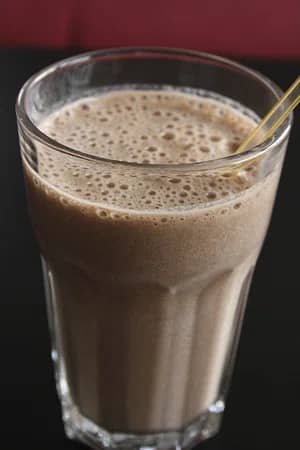
Protein shake before and after workout.
Protein shakes taken before and after workouts or at either time are better than taking them during workouts.
Protein shakes taken with some carbs before workouts give you more energy for your workouts. You will be able to exercise more and burn more calories for maximum workout benefits.
After a workout, your muscles need to recover. Taking protein shakes after your exercise provides essential nutrients needed for this recovery. It helps the muscle repair process and energy restoration after the stress they undergo during your workout.
I hope this piece was informative and helpful. Please click the share button if it satisfies your curiosity and see you on the next topic.
References.
- Schoenfeld, B. J., Aragon, A., Wilborn, C., Urbina, S. L., Hayward, S. E., & Krieger, J. (2017). Pre- versus post-exercise protein intake has similar effects on muscular adaptations. PeerJ, 5. https://doi.org/10.7717/peerj.2825 ↩︎
- Joyner, M. J., & Casey, D. P. (2015). Regulation of Increased Blood Flow (Hyperemia) to Muscles During Exercise: A Hierarchy of Competing Physiological Needs. Physiological Reviews. https://doi.org/PRV-00035-2013 ↩︎




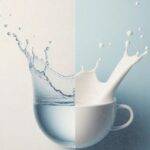

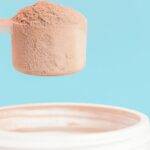


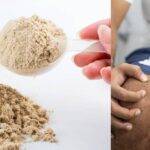



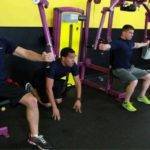

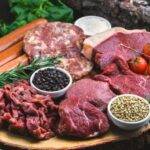
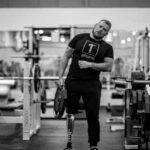


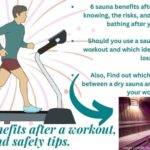


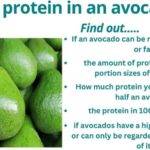
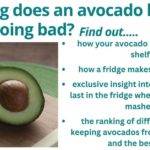

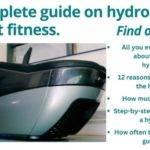
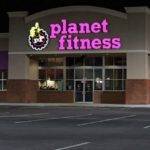

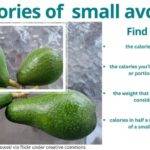
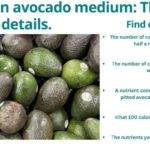
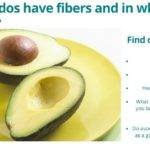
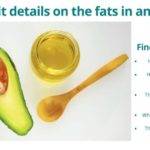







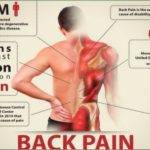


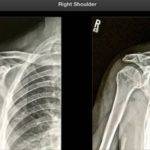

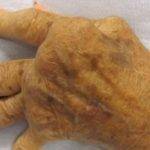

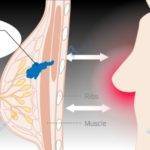
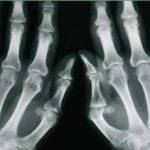
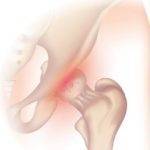
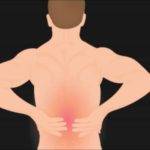





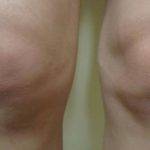

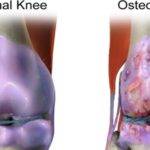
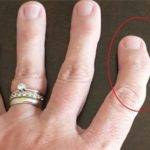
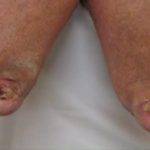
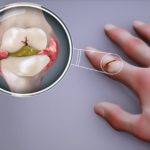







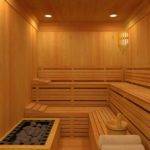


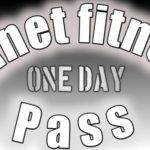
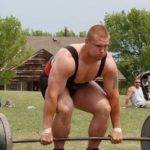
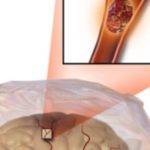
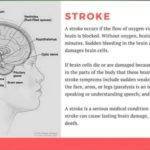
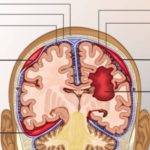
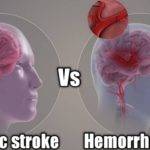
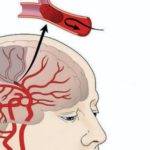


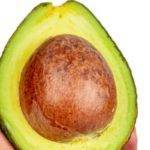










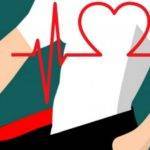
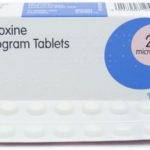
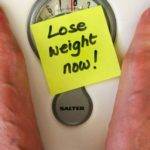

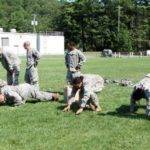
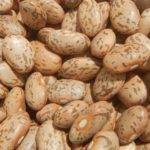
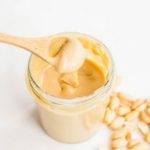


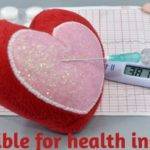

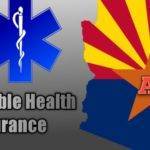

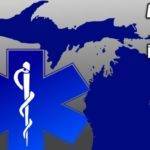



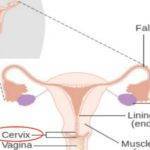
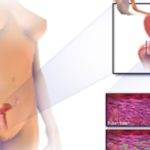
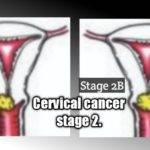
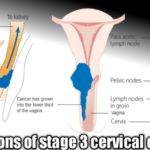
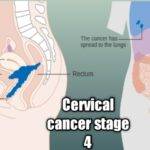
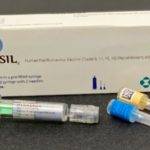


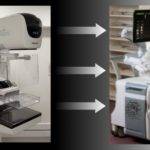
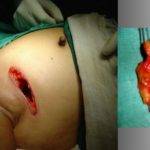

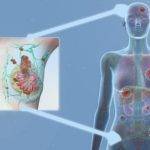

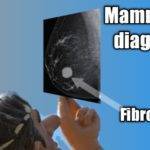
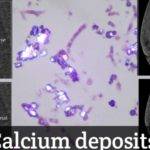

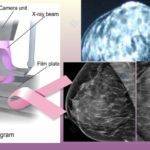
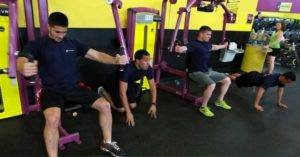
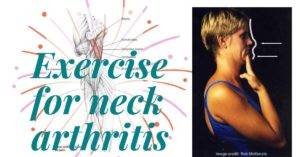
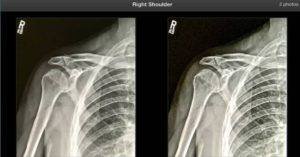


We are a bunch of volunteers and opening a new scheme in our community.
Your site provided us with helpful information to work on. You have performed an impressive job and our entire community will probably be thankful to you.
Glad to know that. Thanks.